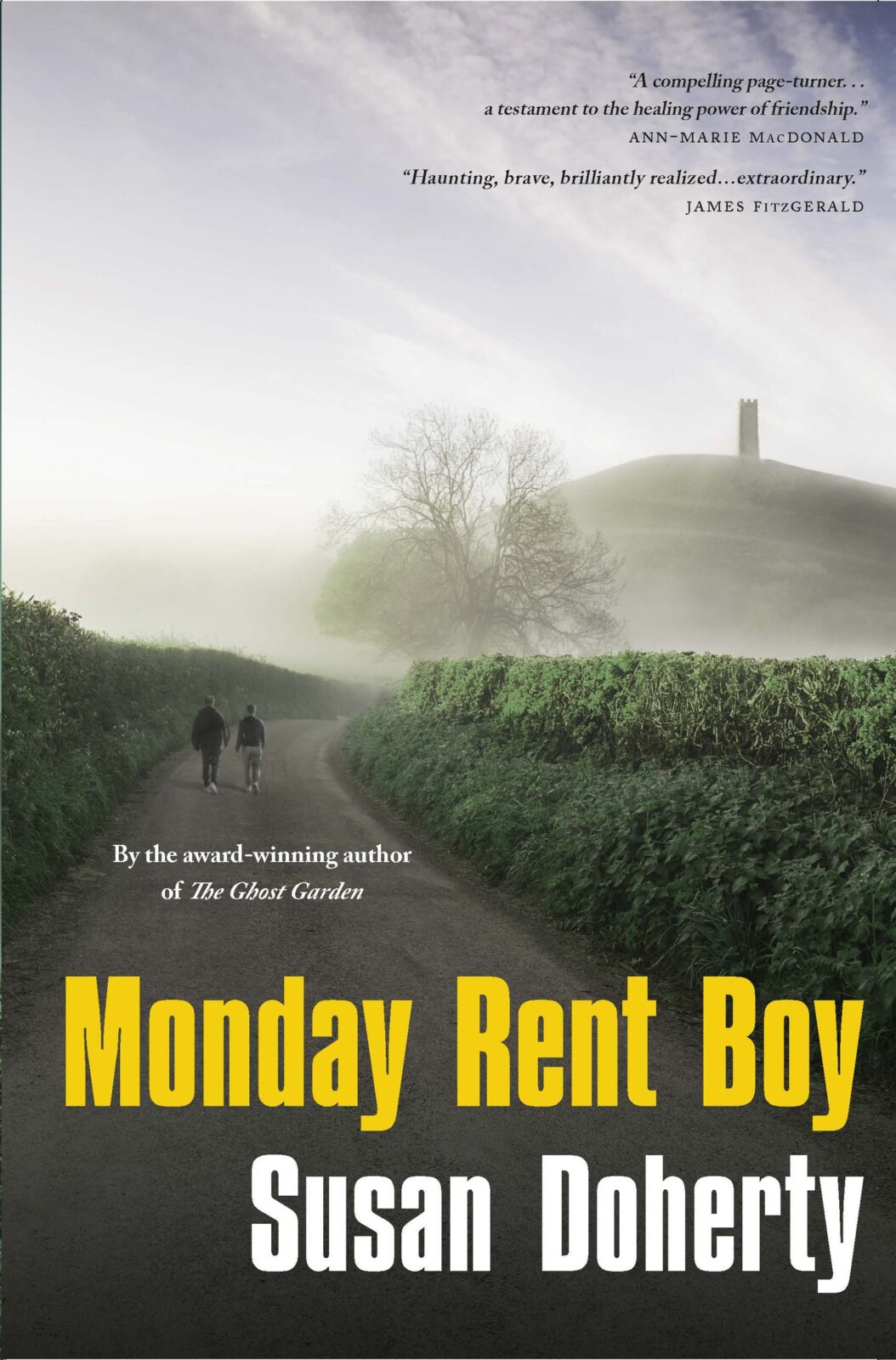Reading Nelligan
Émile J. Talbot
McGill-Queen's University Press
$65
cloth
224pp
0-7735-2318-9
Reading Nelligan is a model of its kind and will be of interest to all admirers of the poet. Talbot brings to bear a detailed knowledge not only of the work but also of the milieu out of which Nelligan developed. He considers the pressures and influences, both familial and artistic, which went into the formation of this strange adolescent genius. As is all too well known, Nelligan wrote his famous work as a teenager, then spent four decades in an asylum; in this, too, seeming more of a damaged Rimbaud than any of his contemporaries. Talbot is eager to pierce through the legend of Nelligan and to this end he brings both learning and insight. Thus, though influenced by the French Parnassians, Nelligan bent their distinctive vocabularies and symbols to his own purposes. As Talbot notes, a poet like Heredia with his fascination for such words as “gold” (or) exhibits obvious affinities with Nelligan, whom he clearly influenced; and yet, while the French poet is concerned principally with outward, “objective” and massively sculpted presences, Nelligan is concerned less with the tangible than with inward states: his gold is interior, gleaming out from some hidden “Eden of gold.”
Whatever Nelligan’s limitations as a poet – his gauzy vagueness, his Parnassian veneer, his often repellent attitudes – he was a master of the French language. Certain of his lines, and certain whole poems, possess a rare magic. But a line such as the famous “Ma pensée est couleur de lumières lointaines” or the beautiful and moving sonnet (a form of which Nelligan was a real master) “Le vaisseau d’or,” are virtually untranslatable. To render the former as “My thought is the hue of distant lights” conveys nothing of the delicate interfusion of sound and sense in the original which, as Talbot justly remarks, is worthy of Verlaine. In addition, Nelligan is the great poet of adolescent melancholy; to read him is to relive those brief but searing years in which one plunged into what the poet called “the abyss of Dream.” Beneath the Parnassian paraphernalia and the Baudelairean poses, an intense sensibility pulses and burns and it is this, combined with his immense skill, which keeps Nelligan’s verse vividly alive.
All readers of French poetry as well as students of Québécois culture will be indebted to Talbot for his work. He writes a prose that is almost entirely free of jargon and he clearly loves his subject. My only complaint is that all quotations are left untranslated, so readers without French are effectively excluded from what is otherwise a superb and penetrating study. By coincidence, Reading Nelligan appears simultaneously with Paul Wyczynski’s Album Nelligan (Fides), a sumptuous compilation of photographs and documents which gives a definitive and living face to a poetic legend. mRb






0 Comments